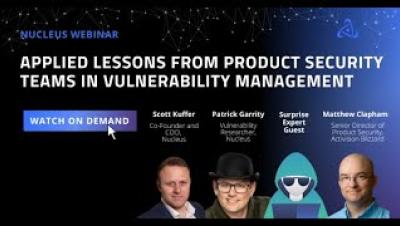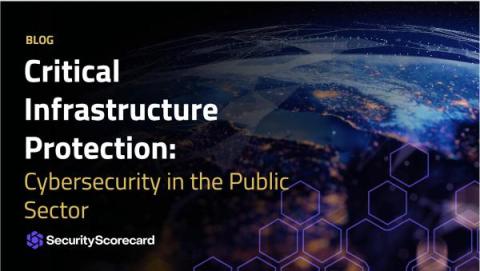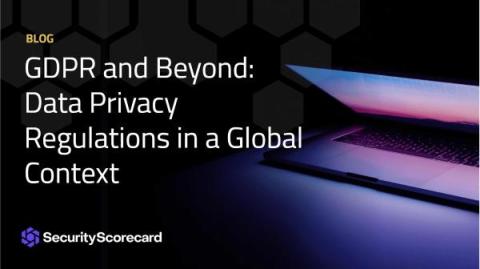Navigating Uncertainty: Why Are Risk Assessments Important for Your Business?
You understand why risk assessments are essential in ensuring success and longevity in the complex business world. A comprehensive understanding of potential hazards and effective mitigation strategies is crucial for safeguarding your organization and achieving a competitive edge. Dive into the fascinating world of risk assessments and discover how they can protect your business from unforeseen threats, enhance decision-making, and ultimately secure your bottom line.











